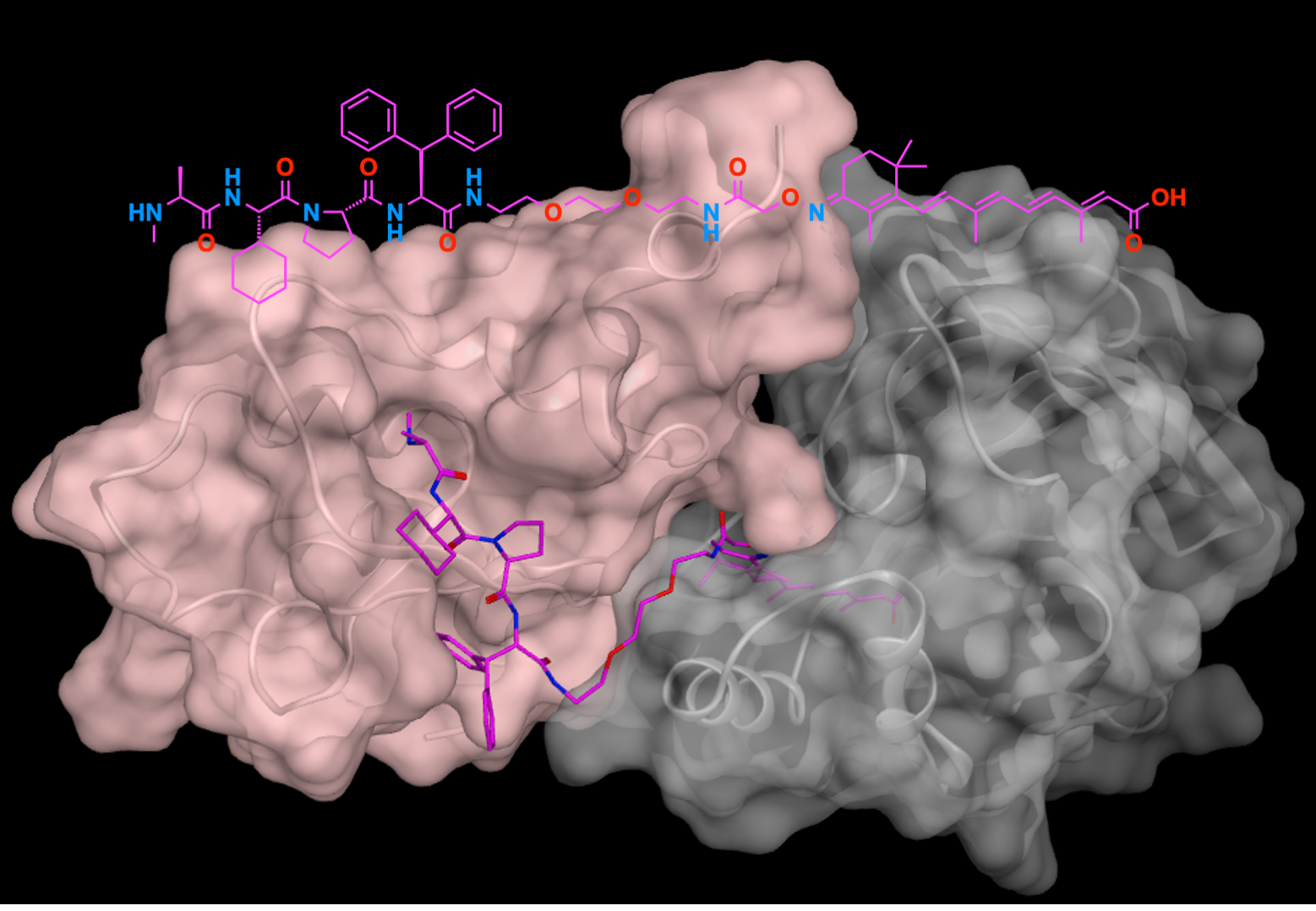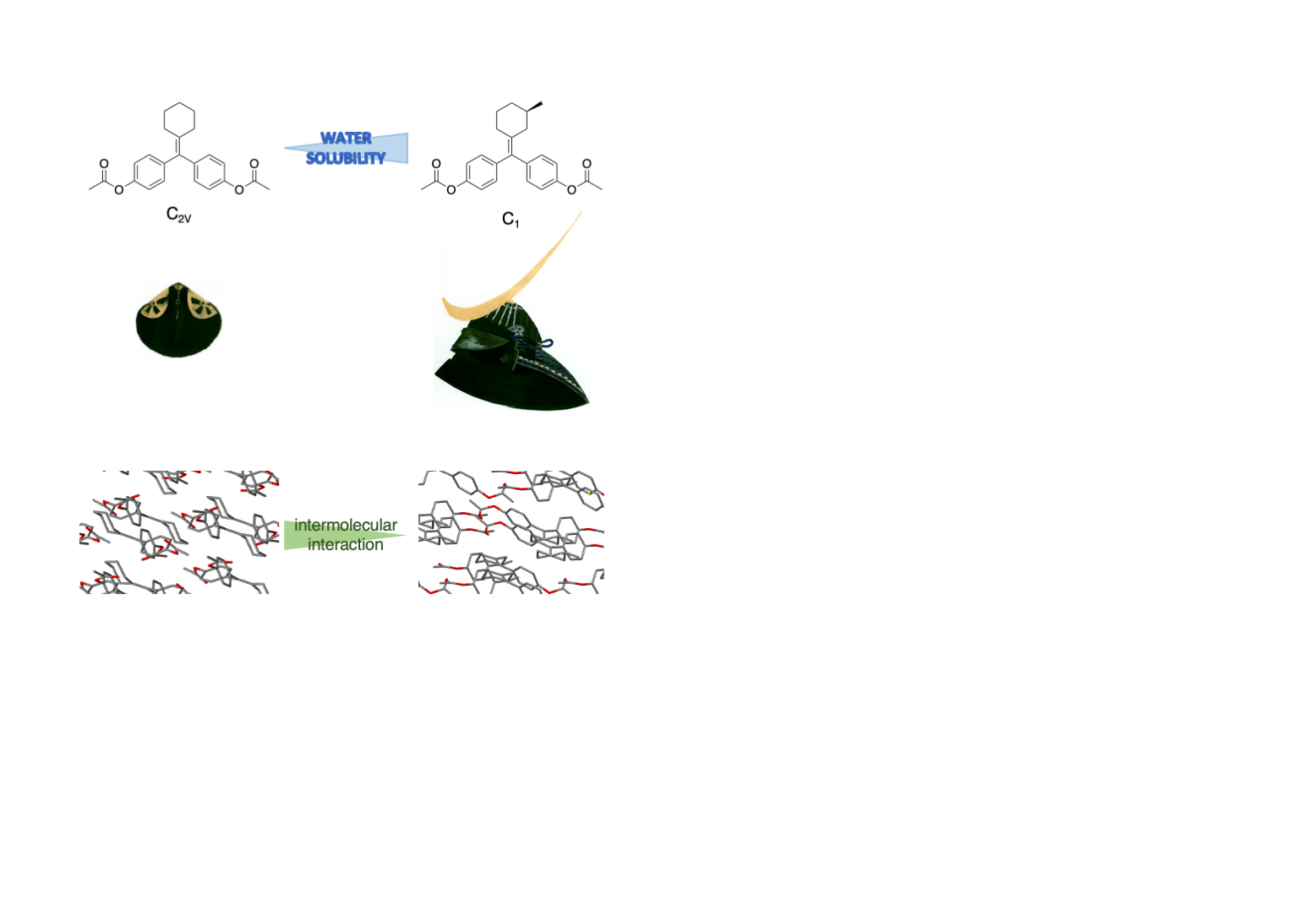| Name | Minoru ISHIKAWA |
|---|---|
| Position | Professor |
| Tel | +81-22-217-6197 |
| minoru.ishikawa.e4*tohoku.ac.jp (Please replace * with @) | |
| Research Interest | chemical biology, medicinal chemistry |
| Career | M.Eng. Graduate School of Bioscience and Biotechnology, Tokyo Institute of Technology (1996), Meiji Seika Kaisha. Ltd., (1996-2008), Ph.D. Pharm. The University of Tokyo (2006), Assistant Professor, Lecturer, Associate Professor Institute of Molecular and Cellular Biosciences, The University of Tokyo (2008-2018), Professor Graduate School of Life Sciences, Tohoku University (2019-). |
| Research map | https://researchmap.jp/minoruishikawa?lang=en |
| Research Projects | |
We developed a novel strategy for small molecule drug discovery, in which, degradation of target proteins is based on the use of small hybrid molecules composed of a ligand for the target protein and another for ubiquitin ligase. These hybrid small molecules direct the ubiquitin ligase towards the target protein, leading to selective degradation by the ubiquitin-proteasome system. In addition, we demonstrated that this strategy could be an effective therapeutic approach for neurodegenerative diseases.  | |
Aqueous solubility is essential for drug candidates, and improving aqueous solubility of bioactive compounds is a major concern for medicinal chemists. We have proposed strategies for improving aqueous solubility by modifying molecules using certain methods that would decrease intermolecular interaction. Our results indicate that these strategies can increase the aqueous solubility of molecules although their hydrophobicities increase concomitantly.  | |
|
|
|
| Research Seeds | |
| |




